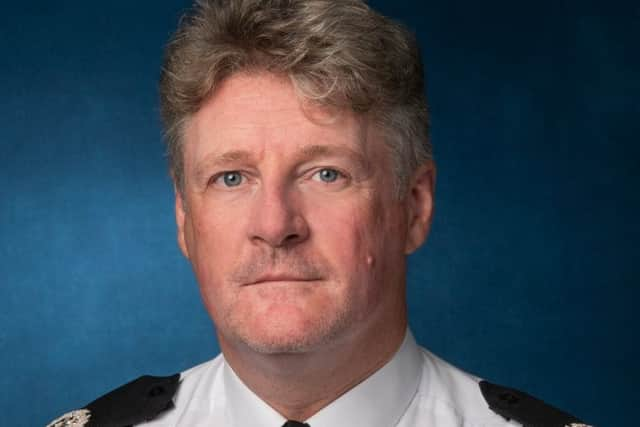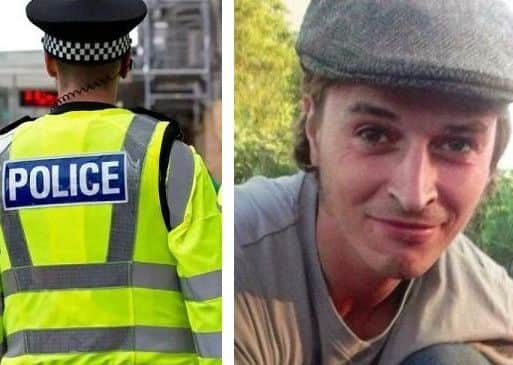Assistant chief constable offers ‘deepest sympathies’ to family of epileptic man restrained by police in Haywards Heath
and live on Freeview channel 276
Duncan Tomlin, 32, who lived in Burgess Hill, died after being arrested at an address in Ryecroft in July 2014.
An inquest into his death has been taking place at Centenary House in Crawley over the past several weeks.
Advertisement
Hide AdAdvertisement
Hide AdA jury has now concluded that Mr Tomlin died from cardiorespiratory failure as a result of being restrained face down and being under the influence of a combination of drugs.


The jury also decided that his death was contributed to by neglect, according to the INQUEST organisation.
Assistant chief constable Nick May said: “I offer my deepest sympathies and heartfelt respect to the family of Mr Tomlin following his tragic death.
“All of our officers join the police service to protect the public and save life and it is of deep regret when anyone comes to harm.


Advertisement
Hide AdAdvertisement
Hide Ad“We accept the inquest’s narrative verdict and will now thoroughly consider the coroner’s report and any recommendations within it.
“Immediately after our contact with Mr Tomlin we referred the case to the IPCC, now known as the Independent Office for Police Conduct (IOPC).
“They conducted an investigation alongside others carried out by the Crown Prosecution Service (CPS) and our own professional standards department (PSD).
“A file was passed to the CPS by the IOPC and they decided that no charges would be brought against any officers.
Advertisement
Hide AdAdvertisement
Hide Ad“Sussex Police subsequently held a gross misconduct hearing in public for three officers, chaired by an independent legally-trained chair, and all were found not to have breached the standards of professional behaviour expected.
“All of our operational staff are trained to recognise the signs of positional asphyxia in line with the national College of Policing syllabus.
“This training which, since Mr Tomlin’s death, is now offered centrally for consistency is reviewed and refreshed on an annual basis.
“This investigation has demonstrated that officers have to make difficult judgements as part of their routine duties.
Advertisement
Hide AdAdvertisement
Hide Ad“Day in and day out, officers have to manage situations involving people exhibiting a variety of unusual and violent behaviour.
“These might be medical emergencies, mental health issues, drink or drug-related incidents, violence or very often a combination of any number of these. Every day we are committed to keep people safe.”